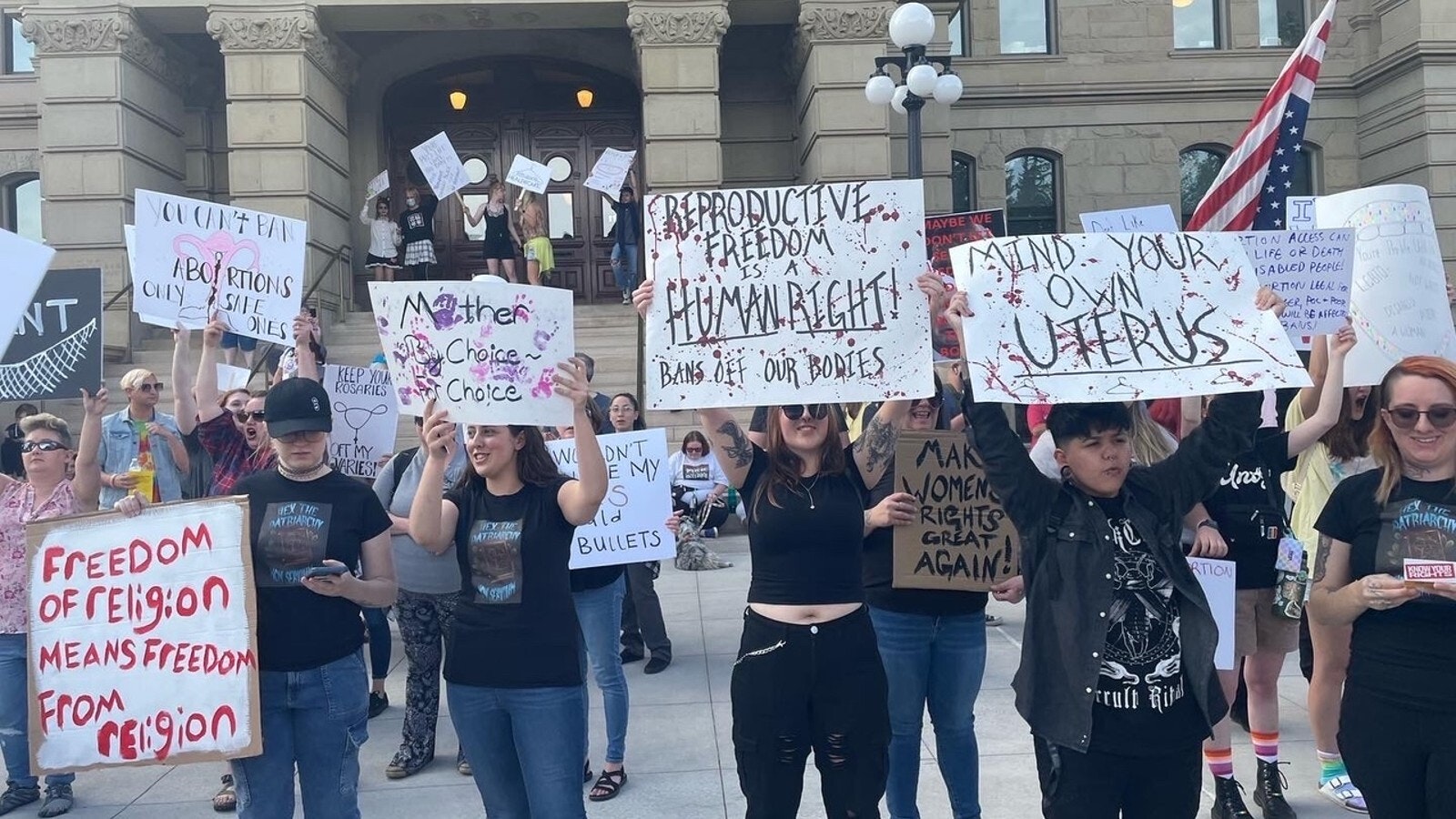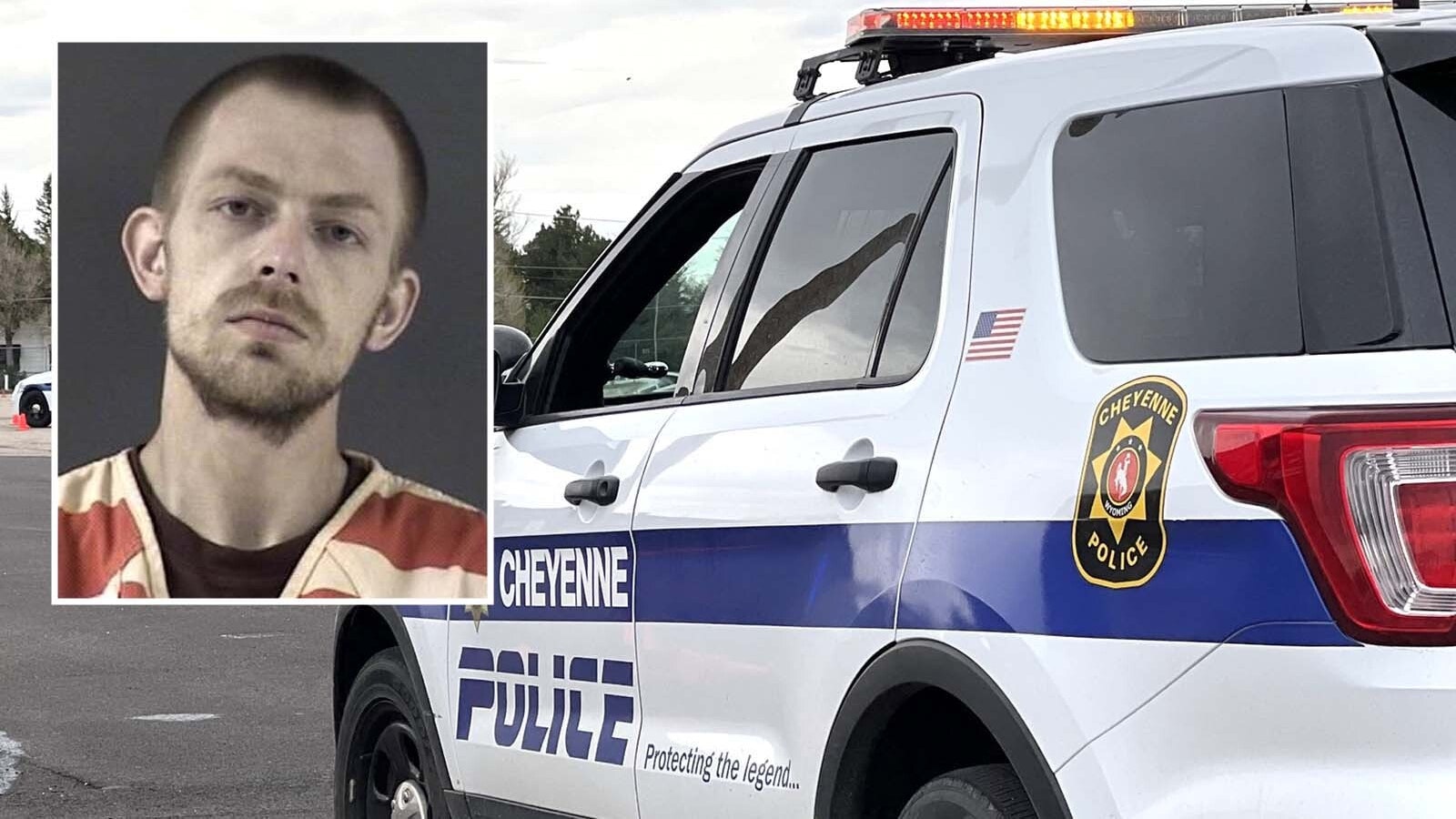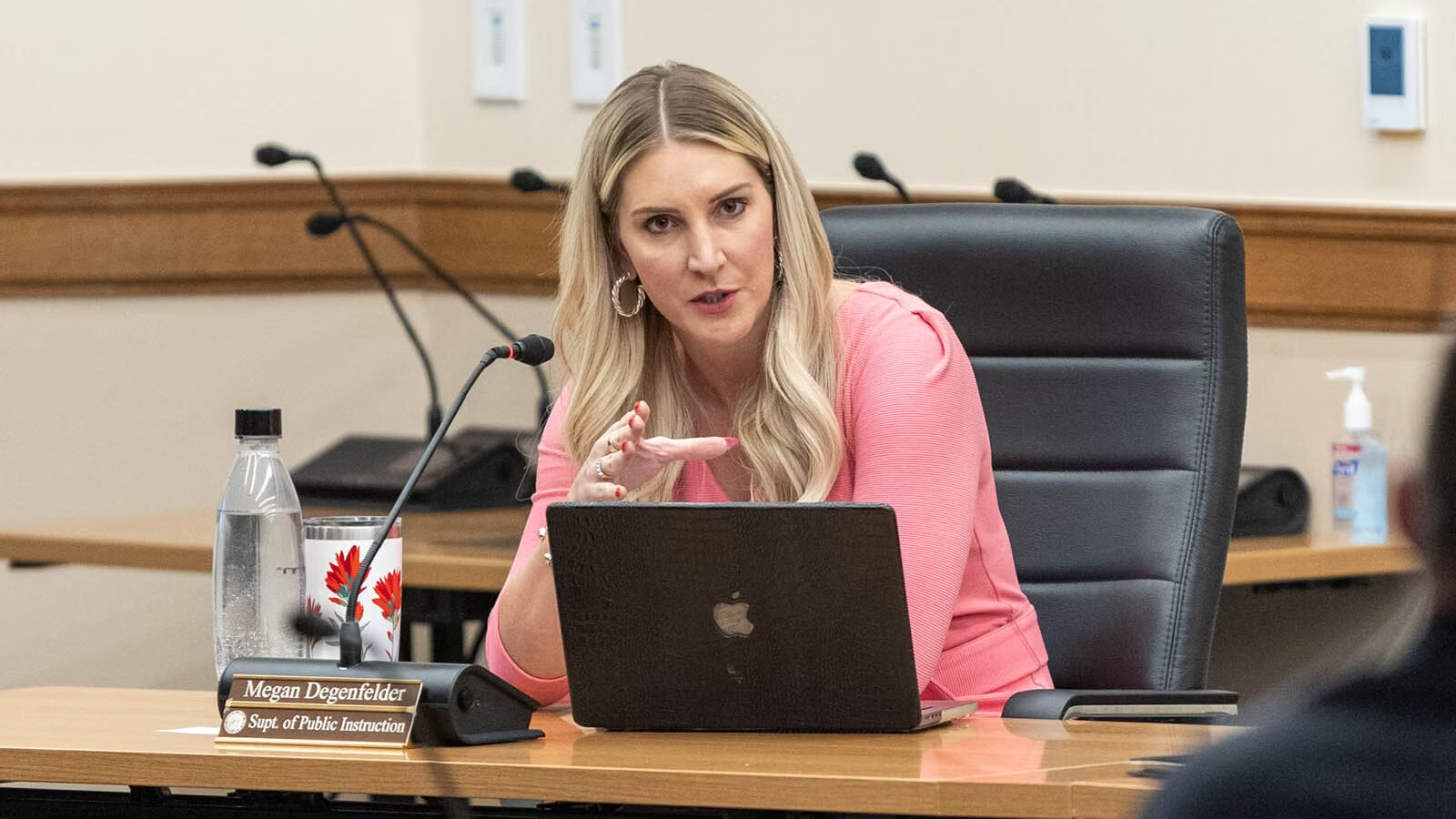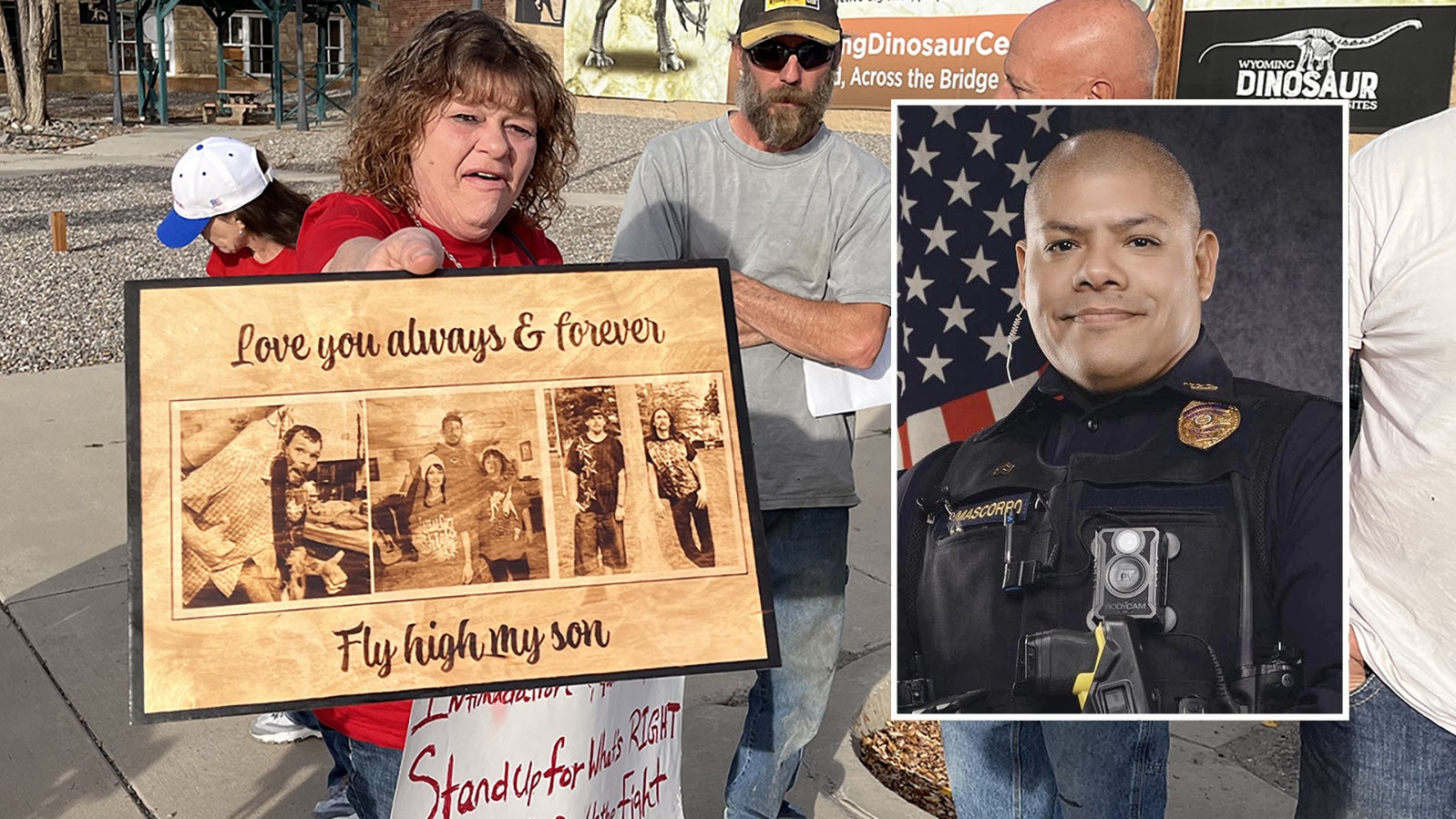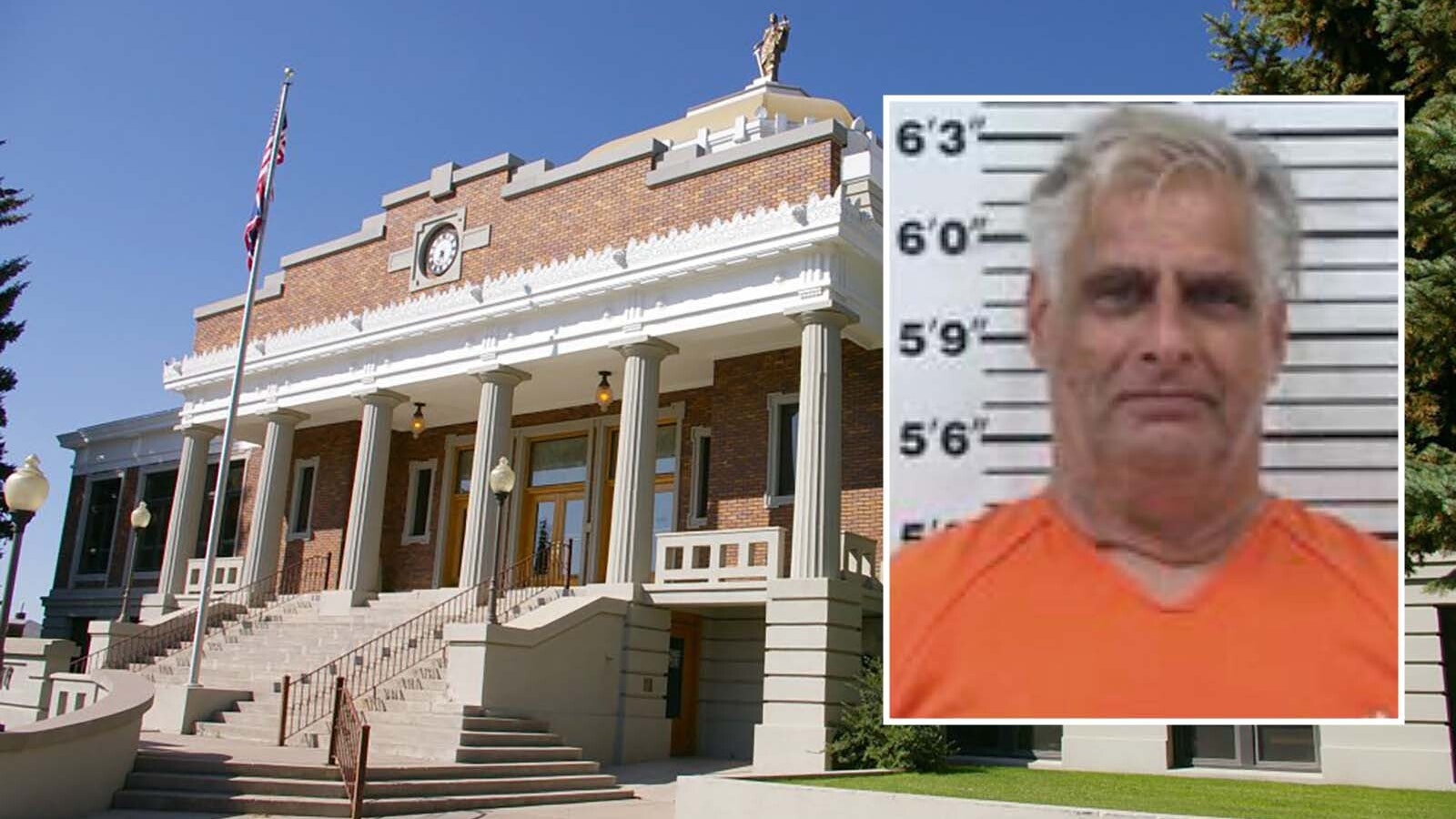By Clair McFarland, Cowboy State Daily
clair@cowboystatedaily.com
The abortion advocates suing Wyoming over its abortion ban asked a state court on Thursday to block the ban throughout the court proceedings.
Judge Melissa Owens of Teton County District Court on July 27 announced a temporary pause on the state’s abortion ban for about two weeks while heading into a lawsuit contemplating whether the law fits the state’s constitution.
The law, which would have made performing an abortion a felony, survived for only a few hours, as it became official the day Owens blocked it.
‘Public Interest’
Saying they will suffer “irreparable harm” if the law is enforced, plaintiffs in the suit now are asking the abortion ban to be blocked throughout the case, in a preliminary injunction which could last several months.
They also called Wyoming’s felony law against abortion a “discriminatory state (law) that perpetuate(s) stereotypes about women and their proper societal role; their right to bodily integrity and to be free from involuntary servitude.”
Plaintiffs’ Thursday filing cited four main arguments supporting their plea to set the law aside throughout the case, as follows:
· That the plaintiffs’ rights will be harmed without an injunction,
· That the state wouldn’t be as hurt by the injunction as the plaintiffs would be by the law itself,
· That the injunction is “in the public interest” as a defense of possible constitutional rights, and
· That the case against the law has a chance of winning in court.
The pro-abortion coalition is scheduled to argue their case against legal counsel for the state of Wyoming in the Jackson court on Aug. 9.
The state, which had not filed a response as of Thursday morning, has until 5 p.m. Friday to respond to the plaintiffs’ motion. Jay Jerde, the state’s attorney in the case, had argued in the July 27 hearing that keeping the law intact supports the public interest because Wyoming’s elected Legislature passed it.
‘Harm Has Been Done’
Passed by the state Legislature in March, Wyoming’s law criminalizing abortion had exemptions for cases of rape, incest, and severe health or death risks to the pregnant woman.
However, Owens in July cited “compelling arguments” for the temporary injunction suggesting the exemption language was too vague for decisive action when pregnancy complications threaten a woman’s life.
An obstetrician “has no guidance. She has no way to know if she will be prosecuted,” said Owens at the time.
“Does she pick up the phone and call her attorney? Does she wait for a prosecutor to charge… and wait for a trial?”
“If she… is too fearful of prosecution (and) decides not to perform it,” continued Owens, “at that point the harm has been done.”
The plaintiffs include:
· Danielle Johnson, a Wyoming woman who was 22 weeks pregnant when the suit was filed and was reportedly concerned about the law preventing abortions in dangerous pregnancy situations,
· Kathleen Dow, a Laramie woman and a practicing conservative Jew who said her faith “requires” her to consider abortion in critical situations concerning either her physical or mental health in a future pregnancy,
· Giovannina Anthony, a women’s-health doctor,
· Renee Hinkle, another women’s-health doctor, and
· Circle of Hope Healthcare, the parent company of an abortion clinic trying to open in Casper.
The defendants include Wyoming Gov. Mark Gordon, Wyoming Attorney General Bridget Hill, Teton County Sheriff Matthew Carr, and Jackson Police Chief Michelle Weber.
Owens, the judge on the case, was appointed by Gordon in December.

